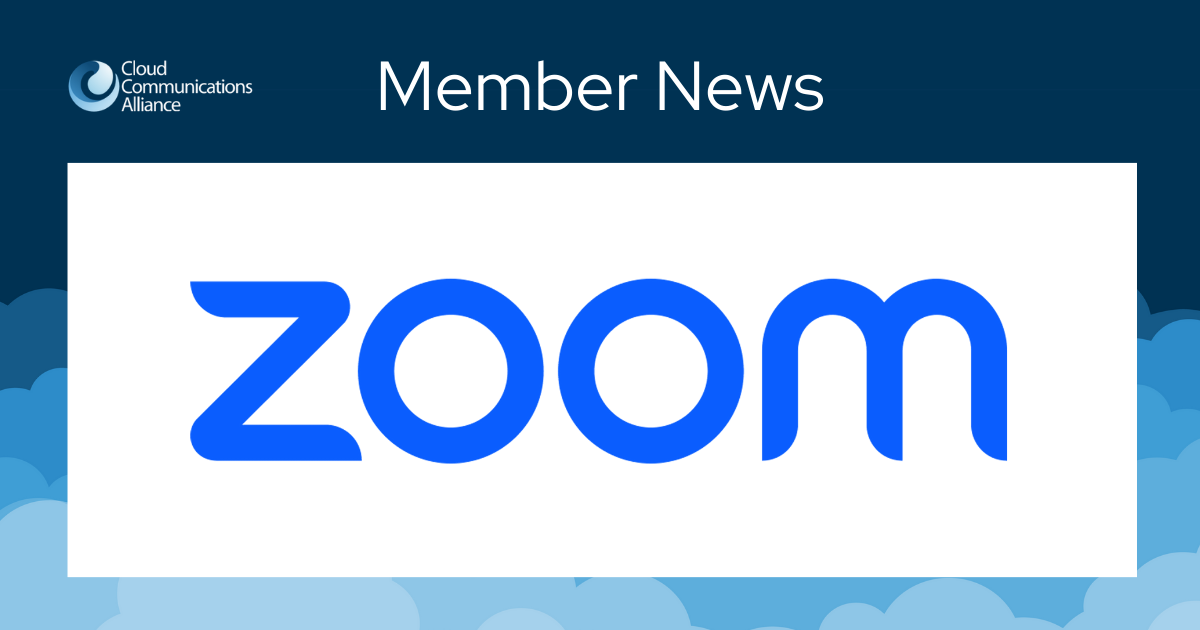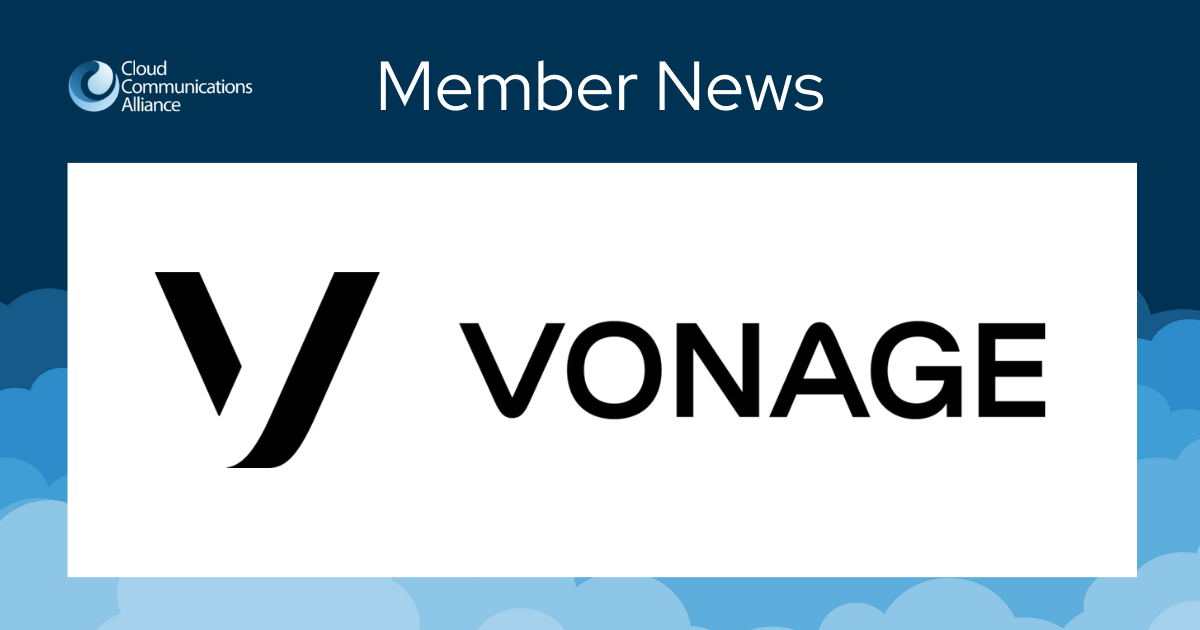California Considers New VoIP Regulations

On August 30th, the California Public Utilities Commission (“CPUC)”) adopted an Order approving and initiating a new rulemaking to evaluate the current licensing requirements for facilities-based interconnected VoIP providers and to consider extending licensing and other regulatory requirements to all fixed I-VoIP providers. The proposal would require fixed interconnected VoIP providers to post performance bonds; file financial, operational and affiliate transactions reports; file tariffs; pay certain fees; and obtain prior approval for mergers or acquisitions that result in a change of control. The CPUC also seeks comment on whether and how to regulate “nomadic” I-VoIP providers. Critically, the very definitions of the somewhat ambiguous terms “fixed” and “nomadic” (and facilities-based and reseller), as well as the scope of service providers ultimately impacted by the regulations, are likely to be evaluated by the CPUC in the course of the rulemaking proceeding.
The CPUC currently requires facilities-based interconnected VoIP providers to obtain a certificate of public convenience and necessity (“CPCN”) while resellers can obtain a simplified form of registration pursuant to section 1013 of CPUC’s rules. Either form of registration confers operating authority and imposes regulatory obligations. Additionally, Section 285 of California Code requires interconnected VoIP providers to contribute to California’s universal service support mechanisms. VoIP providers that did not have a CPCN or section 1013 registration could, at one time but not currently, obtain a utility identification number under a streamlined, informal VoIP registration process, which was used solely for the purpose of making required contributions (it is worth highlighting that the CPUC recently eliminated the simplified I-VoIP registration form, thus leaving non-facilities based (and many nomadic) I-VoIP providers entering the California market without a means to register and remit applicable California Public Purpose Program surcharges). Providers with a utility identification are called section 285 carriers and, apart from contributions, are not otherwise subject to regulation. The type of registration held by a provider is important because the proposal would impose somewhat different licensing processes depending on which of these the provider holds.
Interested parties may file initial comments and reply comments pursuant to the schedule below:
| August 30, 2022 | Order Instituting Rulemaking issued |
| September 19, 2022 | Deadline for requests to be on service list |
| October 14, 2022 | Initial Comments Due |
| October 31, 2022 | Reply Comments Due |
Persons interested in monitoring the proceeding should file a request to be on the service list at process_office@cpcu.ca.gov.
The Cloud Communications Alliance will continue to monitor this important proceeding. For more information, please feel free to contact Michael Pryor at mpryor@bhfs.com, Jonathan Marashlian at mailto:jsm@commlawgroup.com?subject=Seeking Info on CPUC Rulemaking re: Regulation of VoIP, or contact your counsel.


